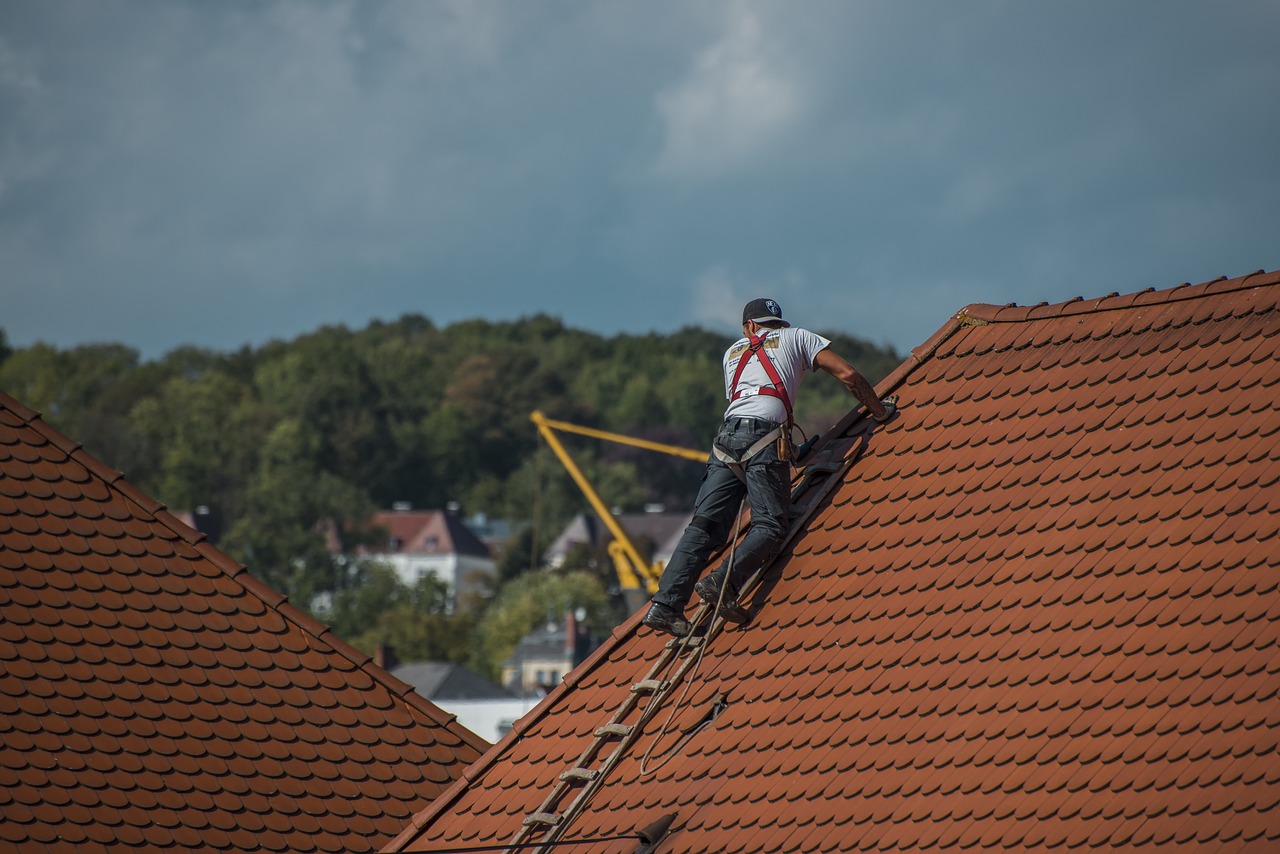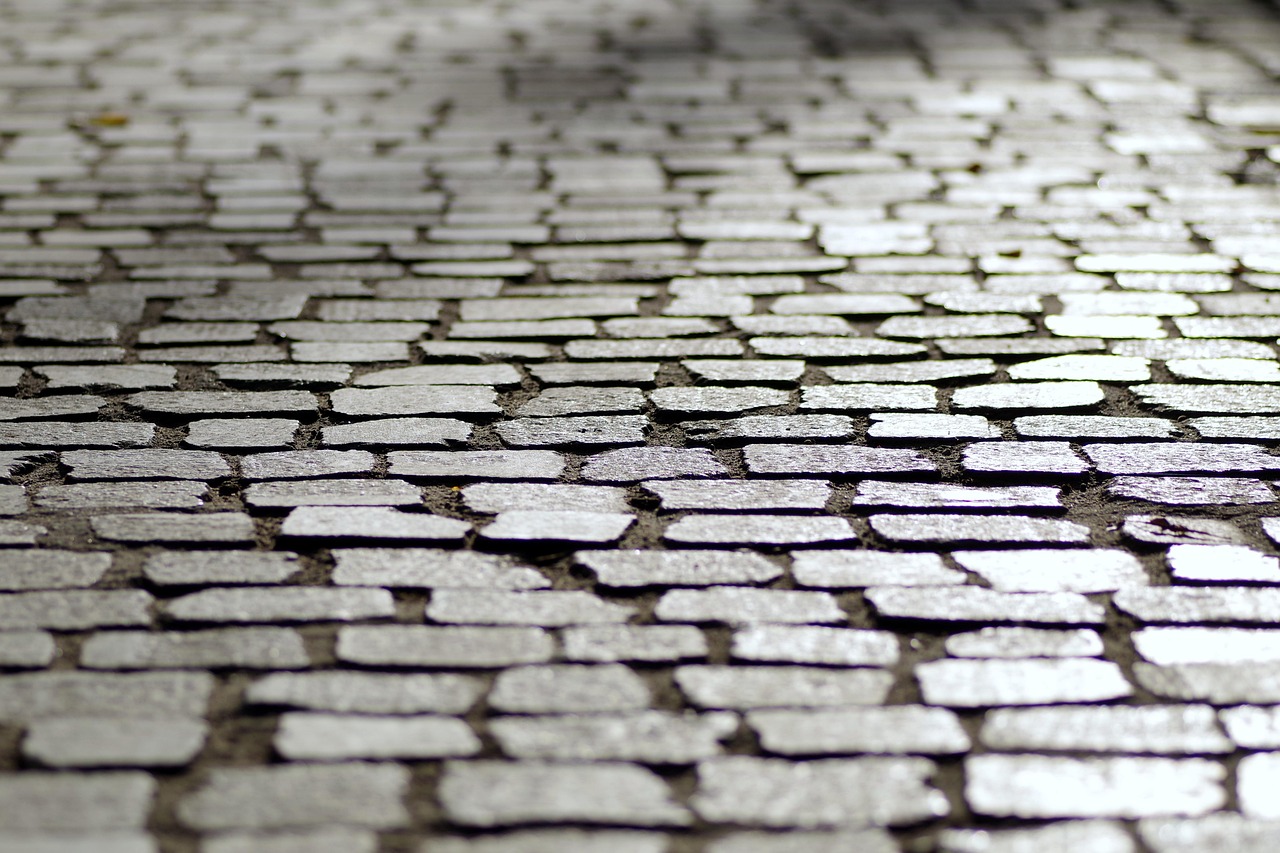- Avoid a Holiday Disaster with These Quick Repairs - June 4, 2025
- “These 5 DIY Wood Projects Are Trending Like Crazy Right Now” - June 2, 2025
- The Lazy Person’s Guide to Home Maintenance - May 31, 2025
Imagine it’s the night before your family gathers, the table is set, the air smells like cinnamon, and suddenly—your kitchen sink overflows, or the lights go dark. Every year, thousands of families face these last-minute nightmares. But what if you could sidestep the stress and enjoy a flawless celebration? With a little preparation and a few smart fixes, you can keep your holidays merry and bright—no disasters required.
Fixing Holiday Lights

Holiday lights are the crown jewels of festive décor, but they’re notorious for letting us down at the worst possible moment. According to the American Lighting Association, almost 30% of households report problems with their string lights every year. Tangled cords, burnt-out bulbs, or flickering strands can turn excitement into frustration. Before you hang your lights, untangle every strand and inspect each bulb—replace the faulty ones and check for frayed wires. Electrical tape can be a lifesaver for minor wire damage, but if you notice anything serious, it’s safer to replace the set. Consider making the switch to LED lights, which are not only longer-lasting but also use up to 80% less energy. That means fewer outages and lower bills, so you can keep the glow going all season.
Dealing with a Clogged Sink

It’s no surprise that the holiday kitchen gets a real workout. The American Society of Plumbing Engineers notes that sink clogs spike by 50% during the holidays, mostly because of increased cooking and guests. Grease, coffee grounds, and food scraps are culprits that love to wreak havoc on your pipes. Always use a drain strainer to catch debris, and never pour grease down the sink—it solidifies and blocks pipes. If disaster strikes and water starts backing up, try the classic baking soda and vinegar trick: pour in half a cup of baking soda followed by half a cup of vinegar, then flush with hot water after fifteen minutes. For stubborn clogs, a plunger can do wonders. If nothing works, don’t wait—call a plumber before things get worse.
Repairing Broken Ornaments

Few things are sadder than finding a beloved ornament shattered on the floor. Ornaments often carry memories, and their loss can be surprisingly emotional. Luckily, most breaks can be mended. Use strong super glue for clean breaks, and steady your hands as you press the pieces together. For glass ornaments, gently wipe away any dust or shards before gluing. Sometimes, a complete fix isn’t possible, but you can still salvage beauty by repurposing fragments into a colorful mosaic or centerpiece. Turning a mishap into a crafty project can be a fun way to involve the family and save memories from going to waste.
Addressing Heating Issues

A chilly house can spoil even the most heartfelt family gathering. The U.S. Department of Energy says that heating makes up about 42% of home energy use, so efficiency is crucial. Before guests arrive, check your thermostat and replace furnace filters—clogged filters make your system work overtime and can lead to breakdowns. If you notice strange noises or uneven heating, schedule a professional inspection. Portable space heaters can be a quick fix for cold spots, but always use them safely and never leave them unattended. If your heating system is older, consider a tune-up now rather than risking a complete failure on the coldest night of the year.
Fixing a Leaky Roof

A leaky roof can spell disaster for your holiday plans, turning cozy evenings into a soggy mess. The National Roofing Contractors Association recommends inspecting your roof for missing shingles, cracks, or blocked gutters before winter sets in. If you spot a leak, roofing tape or a tarp can offer a temporary patch, but don’t put off a permanent repair—water damage only gets worse with time. Make sure gutters are cleared of leaves and debris, as clogs can cause water to pool and seep inside. Even a quick inspection after a storm can save you from a dripping ceiling in the middle of dinner.
Managing Holiday Stress

The pressure to create perfect holidays can push anyone to their limits. The American Psychological Association found that 38% of people feel more stressed during the holiday season, with family obligations, shopping, and entertaining all piling up. To keep anxiety at bay, try making a checklist of tasks—seeing things on paper helps make overwhelming jobs feel manageable. Schedule breaks for yourself, even if it’s just a cup of tea or a quiet walk. Don’t be afraid to ask for help—delegate cooking or decorating to family members. Remember, it’s okay if everything isn’t picture-perfect; what matters most is enjoying the time together.
Preparing for Power Outages

Winter storms can strike without warning, leaving families in the dark just as festivities begin. FEMA recommends having an emergency kit ready, including flashlights, extra batteries, bottled water, and enough non-perishable food to last at least three days. Charge all your devices ahead of a predicted storm, and if you rely on medical equipment, consider investing in a backup generator. Keep a battery-powered radio handy for weather updates. Knowing you’re prepared can bring peace of mind, so you won’t be left scrambling if the lights go out.
Preventing Fire Hazards

The holiday season brings more than just cheer—it also brings a spike in house fires. According to the National Fire Protection Association, cooking is the leading cause of home fires during the holidays, followed closely by candles and faulty lights. Always stay in the kitchen while cooking, and keep flammable items like towels and paper plates away from open flames. Double-check that candles are extinguished before leaving a room, and never overload electrical outlets. Test your smoke detectors before guests arrive, and keep a fire extinguisher nearby, just in case. These small steps can make all the difference between a safe celebration and a devastating emergency.
Stopping Door and Window Drafts

Cold drafts sneaking in through doors and windows can make your home uncomfortably chilly and drive up your heating bill. Check weather stripping and door sweeps for wear, and replace or reinforce them if needed. Temporary fixes like draft stoppers or rolled towels can block cold air in a pinch. Insulating window film is another easy, affordable option to keep warmth inside. Even hanging thick curtains can help trap heat and keep your holiday guests cozy.
Quick Touch-Ups for Guest-Ready Spaces

When visitors are only hours away, little fixes can make a big impression. Tighten wobbly chairs or tables, replace burned-out lightbulbs, and patch up small wall holes with spackle. Wipe down high-traffic surfaces, fluff up pillows, and add fresh towels in bathrooms. A few small tweaks can transform your home from lived-in to inviting, making everyone feel welcome.
Freshening Up the Fridge

With all the extra food, your fridge will be working overtime. Before holiday cooking begins, clear out old leftovers and wipe down shelves. Make space for big holiday dishes by adjusting shelves or removing drawers. Check the temperature—it should be set at or below 40°F to keep food safe. A tidy fridge helps prevent spoilage and makes it easier to find what you need when you’re juggling multiple recipes at once.
Securing Slippery Walkways

Ice and snow can turn your entryway into a hazard zone. Shovel walkways and steps before guests arrive, and use salt or sand to prevent slips. Consider adding welcome mats with good traction both inside and out. Check handrails for sturdiness, especially if you have older relatives visiting. These quick fixes ensure everyone arrives safely and starts the holiday with a smile.
